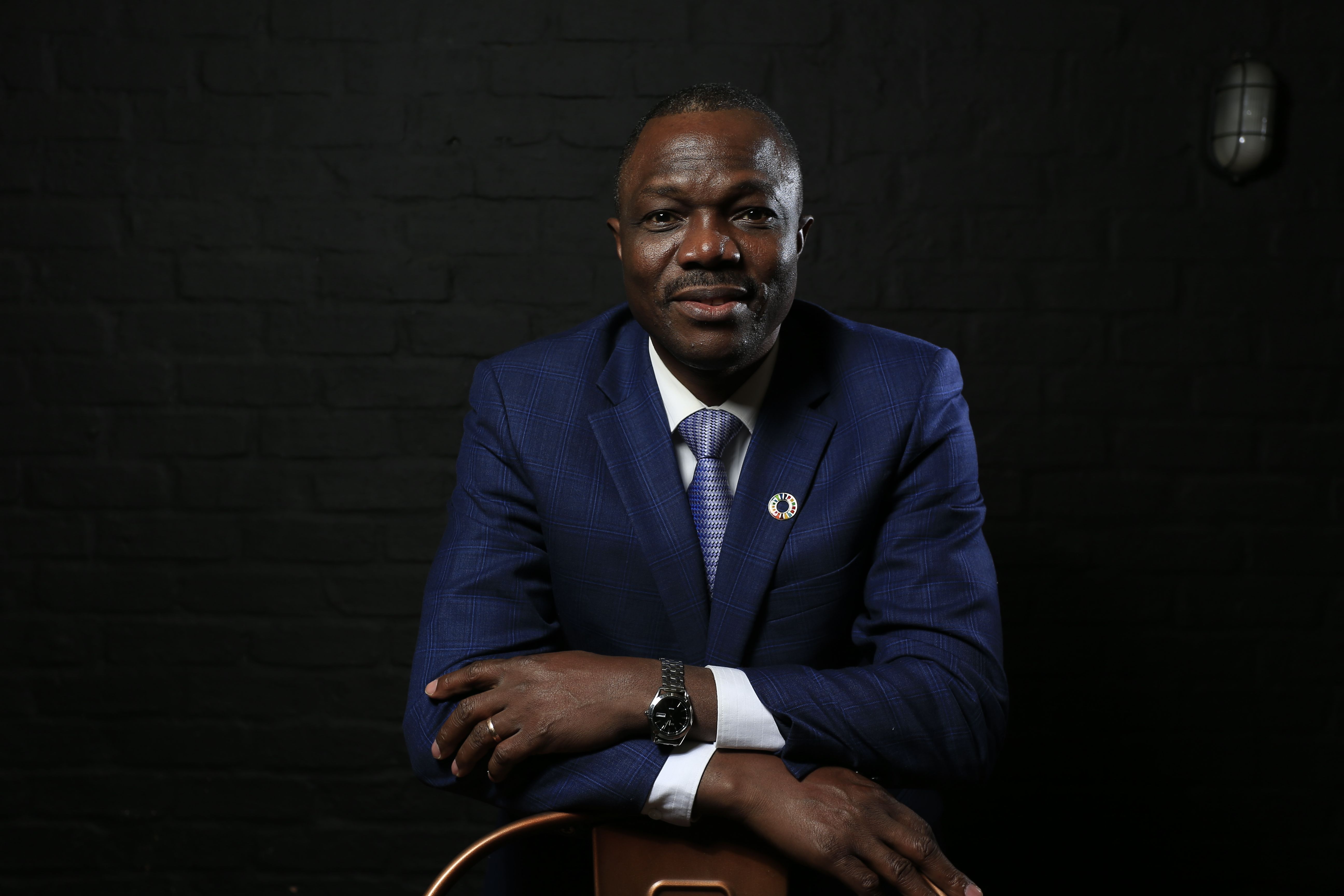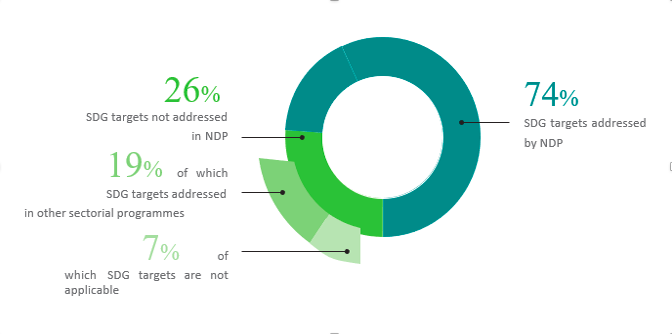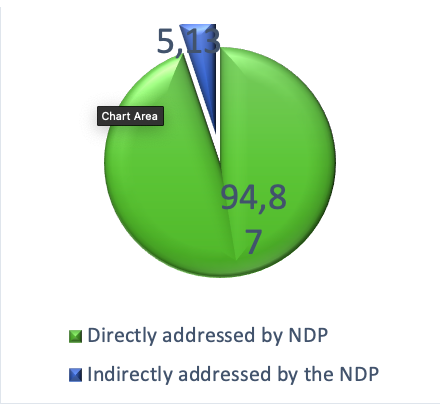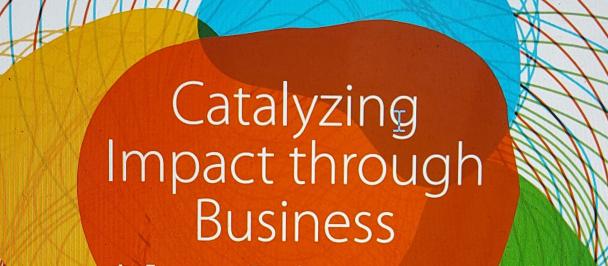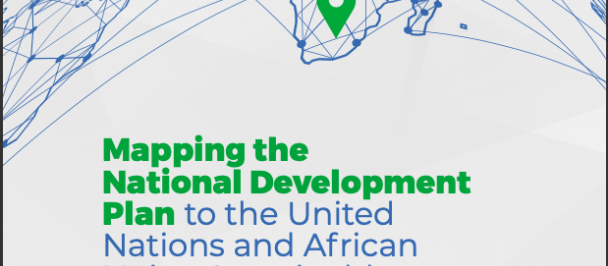UNDP South Africa, Resident Representative Dr. Ayodele Odusola
COVID-19 has made more glaring the development challenges of poverty, unemployment and inequality in South Africa and indeed, many countries in Africa and around the world. With less than ten years to 2030 and the Government’s commitment to national priorities as well as the two sustainable development agendas, it is imperative to study, reassess the paths we are traveling towards the implementation of the NDP and its Medium-Term Strategic Framework 2019-2024.
Today, 17 June 2021, the Report on the alignment of the National Development Plan (NDP, Vision 2030) to the United Nations Sustainable Development Goals (SDGs 2030) and the African Union’s Agenda 2063 was released virtually to an audience of about 114 people. The Report was developed by the Department of Planning, Monitoring and Evaluation (DPME) with support from the United Nations Development Programme (UNDP).
To determine alignment, all priorities and actions stated in the 13 programmatic chapters of the NDP are evaluated and compared with the 169 SDG targets as well as the 39 Agenda 2063 priority areas. The outcome from the mapping exercise was used to make an analysis of the alignment and gaps between the NDP, SDGs and Agenda 2063. Three sets of criteria were used to measure the impact/alignment of the NDP objectives to the SDG targets and Agenda 2063 priorities:
- How the NDP intervention impacts the SDG target or Agenda 2063 priority area (multiplier effects);
- The beneficiary population – whether the target group includes vulnerable groups and the least well-off; and
- Speed of impact of the NDP intervention.
The results show that the NDP is 74% directly aligned to the SDGs. Of the 26% SDGs targets that are not in the NDP, 19% are addressed in other sectoral plans and programmes. Elements of the tragets that are not include in the NDP include:
- SDG targets not a priority nor relevant for South Africa – for instance targets on small islands and fragile states
- SDG targets that are a priority for South Africa, but are being dealt with outside the NDP – for example eliminating female genital mutilation and early marriages
- NDP Objectives are critical to South Africa but not reflected in the SDG framework - such as improvements to the Durban Port, Increase in Gross Fixed Capital Formation or growth in export volumes.
Figure 1 : Alignment of the NDP to the SDGs
Similarly, the NDP is 95% aligned to the AU Agenda 2063. This is understood because South Africa, through the Statistics South Africa played a leading role in the formulation of the Agenda 2063, the development of the indicators as well as the costing for the indicators.
While this report shows high convergence between South Africa’s national plan and the global and continental agendas, thoughtful questions remain:
- How is the quality of interventions or the programmes that are being implemented to achieve the national priorities as well as the SDGs and Agenda 2063?
- To what extent are these programmes reaching the very poor?
- To what extent are the local Integrated Development Plans aligned to the NDP and consequently to the SDGs and Agenda?
Figure 2: Alignment of the NDP to the AU Agenda 2063
It is appreciated, as discussed during the release of the Report, that failure of national plans to align to the SDGs and the Agenda, may likely result in those programmes associated with the targets and indicators being not planned for, not budgeted for, not being implemented and reported on. This is relevant to both national and local plans. South Africa will be reviewing its second Medium Term Strategy Framework (MTSF 2019-24) in the next couple of years, creating an opportune moment to fully integrated the SDGs and Agenda 2063 as we accelerate implementation towards 2030. Then concerted efforts need to be exercised to ensure the national priorities, mainstreamed with the SDGs and Agenda 2063 are implemented and reaching those most likely to be left behind.
Fatou Leigh
Senior Economist, UNDP South Africa

 Locations
Locations